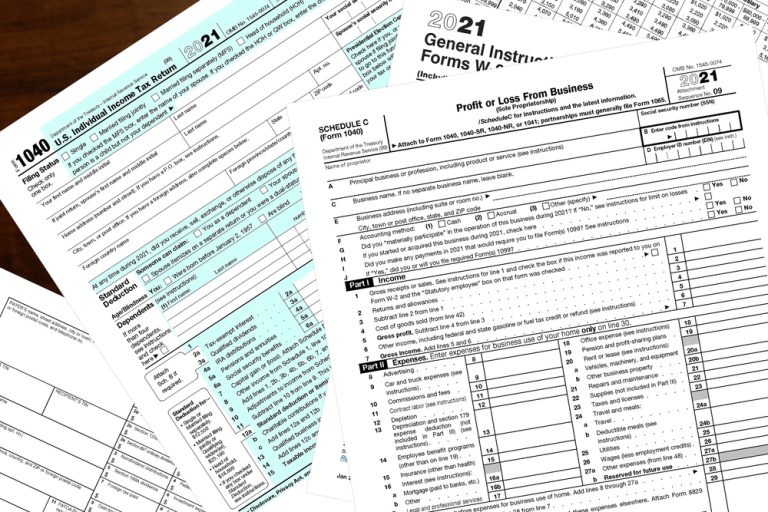Tips for Young Lawyers: CME Location
Tips for Young Lawyers: CME Location
You have analyzed the medical records, retained a medical expert and lined up a compulsory
medical examination (CME). Then the objection arrives: the plaintiff refuses to attend the exam
because it is being held in a neighboring county. Traveling out of the county would cause a
physical hardship on the injured plaintiff, they say. The defense could have selected as their expert
any number of doctors within the forum county, they say. “Ah, but don’t you believe them.”[1]
Florida Rule of Civil Procedure 1.360 does not require that the exam be performed in the forum county.
It states only that the exam must occur at a “reasonable” place. Below are six suggestions for
combatting an unreasonable objection.
- Take a hard look at the hardship. If the plaintiff claims driving to a different county would
exacerbate his symptoms, what does his deposition transcript say about his driving capability?
If the hardship is financial, the defense could reimburse the plaintiff for mileage at the federal
mileage reimbursement rate. If the plaintiff does not have a vehicle, the defense could arrange
for a van service. If the plaintiff claims the trip itself would just be too painful, was the plaintiff
able to sit during your deposition of him? Check the transcript for the start and stop times
of the testimony. If not noted, remember that 25 to 30 pages generally represents one hour
without a break. - Take a hard look at the medical treatment. Sometimes the plaintiff received treatment in the
very county where you set the CME, which further undermines the hardship argument. Or,
maybe the plaintiff traveled to a third county for treatment that is just as far away. Make use of
GoogleMaps to show the trial court the distances are comparable. - Ask your medical expert whether he keeps a CME list. The list might identify the lawyers of
the examinees, and one of those lawyers might be the same one lodging an objection now. If
the lawyer did not object in that prior case, why not? Better yet, the objection may have been
overruled. - Research prior orders from your judge on this issue. Chances are, unless your judge is new,
your judge has faced this issue previously. - Look for appellate opinions with facts similar to yours. Most of the opinions are not recent, but
still good law. In Wapnick v. State Farm Mutual Automobile Insurance Co., 54 So. 3d 1065,
1067 (Fla. 4th DCA 2011), the appellate court affirmed the trial court’s declaration that the
plaintiff, who lived in Vero Beach, had to travel to Palm Beach County for an examination.
In Scales v. Swill, 715 So. 2d 1059, 1060 (Fla. 5th DCA 1998), the court affirmed a ruling
requiring the plaintiff to travel from Lake County to Orange County. In Blagrove v. Smith, 701
So. 2d 584, 585 (Fla. 5th DCA 1997), the court affirmed a ruling requiring the plaintiff to travel
from Hernando County to Hillsborough County. In McKenney v. Airport Rent-A-Car, Inc., 686
So. 2d 771, 773 (Fla. 4th DCA 1997), the court affirmed a ruling requiring the plaintiff to travel
from Lake County to Broward County.
This article was originally published in the Trial Advocate, Volume 40, No 3, a publication of the Florida Defense Lawyers Association and is republished here with permission.
[1] Bruce Hornsby & the Range, “The Way It Is,” The Way It Is, RCA, 1986










